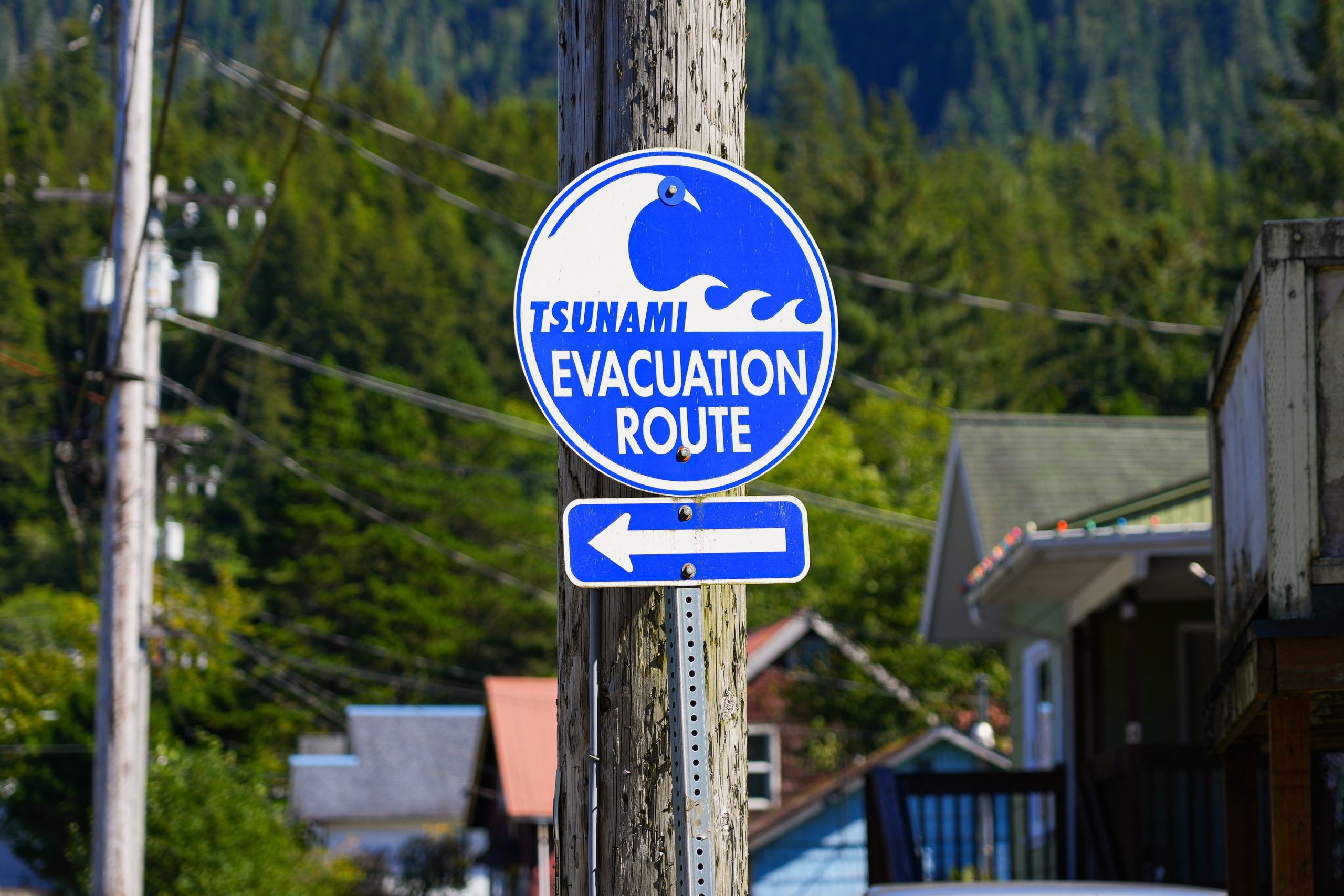
The Senate is aiming to soon vote on its version of the budget reconciliation bill this week as they speed toward President Trump’s imposed passage deadline of July 4th. Many of the Senate’s current proposed edits do not differ very strongly from those set forth by the House, which we outlined in a recent Spotlight Story. For instance, no changes were made to the repealing and rescinding of unobligated dollars from both the Greenhouse Gas Reduction Fund and the Climate Pollution Reduction Grant programs, according to the legislative text released by the Senate Environment & Public Works Committee (EPW).
Also out of EPW and very similar to the House’s proposition is the Senate’s take on the Environmental Justice Block Grants. The program would be entirely eliminated with all unobligated funding facing rescission. Importantly, many of this program’s dollars are currently unobligated, as its awards were relatively recently announced by the Biden Administration in December 2024.
Notably, the EPW created a novel payment mechanism to speed up the environmental review process. The Senate’s iteration of the program is similar to the House’s. Regardless, Senate Parliamentarian Elizabeth Macdonough rejected this language on the grounds that the change was either not effectively tied to federal spending — the explicit purview of the budget bill — or did not pass the Byrd Rule.
The change would impact the National Environmental Policy Act, which requires federal agencies to review the environmental impacts of proposed actions and projects before permitting them. The “opt-in fee program” would allow projects to pay the government to cut down the review process. Additionally, it would allow projects to skirt any potential judicial impacts of federal examinations of their project’s environmental impacts — as well as their potential impacts on surrounding impacted communities.
The Byrd Rule requires that budget reconciliation bills coming out of the Senate remain centered on their explicit purpose, fiscal issues, as opposed to integrating policy changes via propositions that are nonbudgetary. A similar rule does not exist in the House. The Byrd Rule does not automatically apply, so a Senator must raise the issue with the Senate Parliamentarian, who then examines and rules on the point of order. Additionally, the Byrd Rule can be disregarded by the Senate regarding a particular provision through a three-fifths Senate vote. In this case, however, Senate Majority Leader John Thune has stated that the Senate will not be attempting to overrule Parliamentarian MacDonough, meaning that the opt-in fee program will not be a part of the final budget reconciliation bill.
What may become law is the Senate Agriculture, Nutrition, and Forestry (ANF) Committee’s proposed changes to the Agricultural Conservation Easement Program, the Conservation Stewardship Program, the Environmental Quality Incentives Program, and the Regional Conservation Partnership Program. ANF has laid out that all four programs would receive additional baseline funding, but all unobligated Inflation Reduction Act funds from the programs will be rescinded. Essentially, the short-term boost in funding for these programs will instead be used to extend their baseline funding through fiscal year 2035, although the allowed activities within these programs will no longer be entirely dedicated to climate-smart agriculture. This action mirrors the House’s text. Further, $150 million of funds will be diverted to the Small Watershed Program annually.
With these changes pending, the Senate has a tall task to pass the bill and send it back to the House for approval before the package can hit President Trump’s desk by his July 4th deadline. The Senate has likely been set back by Parliamentarian MacDonough’s decisions, according to reports that the revised reconciliation bill is unlikely to be released Monday, June 30th. Congress may not be finished by Independence Day, although earlier this morning several Senate committees released new legislative texts compliant with Parliamentarian MacDonough’s rulings. The Committee for a Responsible Federal Budget’s 2025 Reconciliation Tracker is updated as changes become concrete, and the Water Program Portal will report back on the final impacts of budget reconciliation when they have crystallized.


